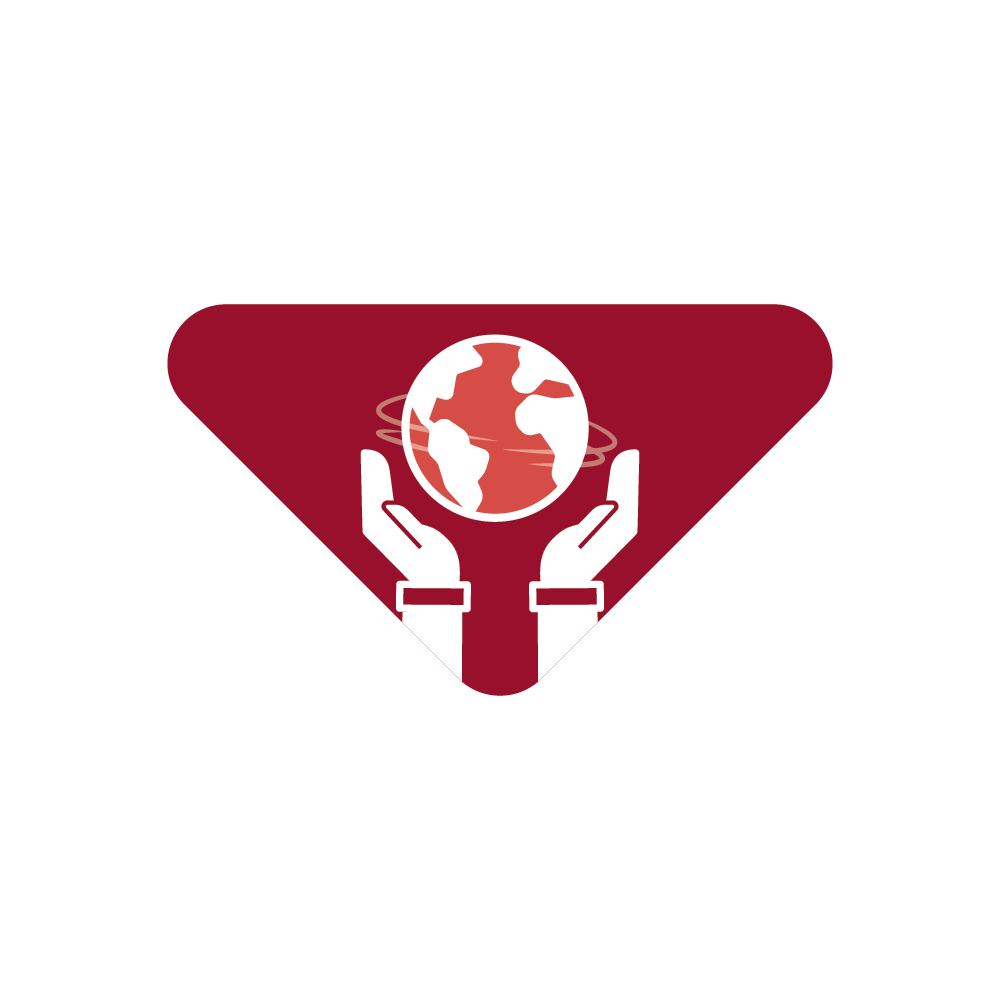Governance for Resilience
While the Grand Challenges have long been entrenched in Public Administration, the convergence of the COVID-19 pandemic and the Black Lives Matter movement have emphasized the need for us to act now to build resilience. The Academy’s Election 2020 project provides key near-term actions the new Administration can take to begin addressing the Grand Challenges in Public Administration.
Read the foreword from Academy President, Terry Gerton
View a comprehensive file of the action plans
View a comprehensive file of action plan one-page summaries
Respective action plans and one-page summaries for each Grand Challenge.
Protecting and Advancing Democracy
 Protect Electoral Integrity and Enhance Voter Participation
Protect Electoral Integrity and Enhance Voter Participation
 Modernize and Reinvigorate the Public Service
Modernize and Reinvigorate the Public Service
 Develop New Approaches to Public Governance and Engagement
Develop New Approaches to Public Governance and Engagement
- OMB Information Policy and Use Select Task Force
- Engaging Americans and Increasing Public Trust: An Agenda for 2021 and Beyond
- Enhancing Public Governance: An Agenda for 2021 and Beyond
 Advance National Interests in a Changing Global Context
Advance National Interests in a Changing Global Context
Strengthening Social and Economic Development
- Improving Child Well-Being & Reducing Food Insecurity
- Promoting Social Equity in an Evidence-Based Policy Environment
 Connect Individuals to Meaningful Work
Connect Individuals to Meaningful Work
 Advance the Nation's Long-Term Health
Advance the Nation's Long-Term Health
Ensuring Environmental Sustainability
 Steward Natural Resources and Address Climate Change
Steward Natural Resources and Address Climate Change
 Create Modern Water Systems for Safe and Sustainable Use
Create Modern Water Systems for Safe and Sustainable Use
 Foster Social Equity
Foster Social Equity Build Resilient Communities
Build Resilient Communities Ensure Data Security and Privacy Rights of Individuals
Ensure Data Security and Privacy Rights of Individuals Make Government AI Ready
Make Government AI Ready